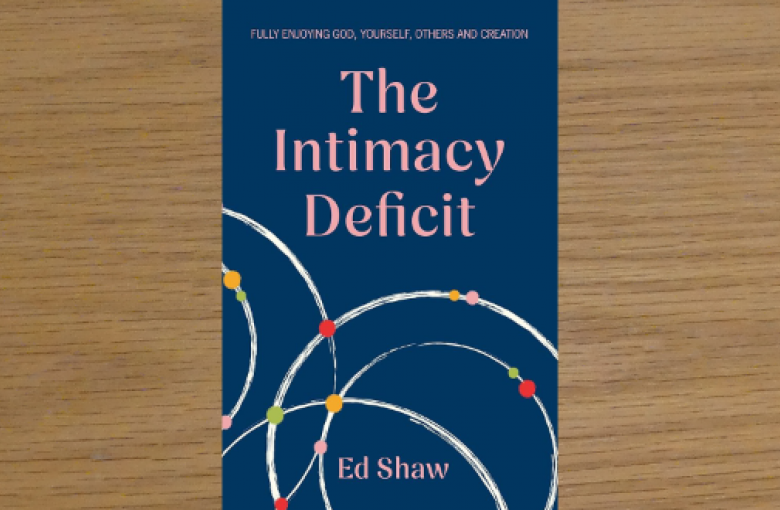The pandemic hit people living on their own particularly hard. But gathering on Zoom provided a sense of community and continues to do so today. Recognising that at times I struggled to end the day well, I started to wonder if others had the same struggles - perhaps gathering via Zoom could be a positive way to draw our days to a close? And, so, Night Prayers was born just after the National Conference in 2021.






